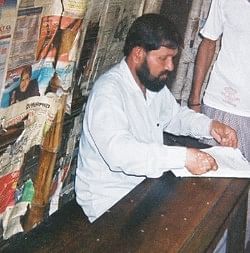Election crisis
Hasanuzzaman ,London School of Economics
Firstly, congratulations for the article regarding the election crisis in Bangladesh. It is impressive to note that how this caretaker government has successfully imitated the same patterns of policy-making as our last governments have for decades. When the caretaker government took charge in January 2007, there was a feeling among political economists that Dr. Fakruddin Ahmed, with his background of political science, would at the minimal reduce the enormous democratic deficit associated with our governing system. Such a deficit has persisted with us since our time of independence. Our independence, and thereafter domestic reforms to steer back our economy, did not require us to be accountable to any nation of the world, and by virtue of the absence of external forces, our politicians could effectively mould politics to any shape they wanted to. The price of such a deficit has to be paid by economics and its agents. A stable government in place, with appropriate separation of powers and checks and balances, is an important factor for a successful economy. By successful I mean price-stability. Our price stability has continuously suffered from time-inconsistency problems, derived from the short prime ministerial terms, whereby any reform plan taken at a particular time, was suspended after the next elections. However with the current situation, there are two factors which indicate increasing social instability, having a direct spill-over effect on our economy. Obviously, there is a fine line dividing the academic world and the political arena. The caretaker government must learn party and manipulative politics, not apply textbook politics to a volatile situation.
|

|